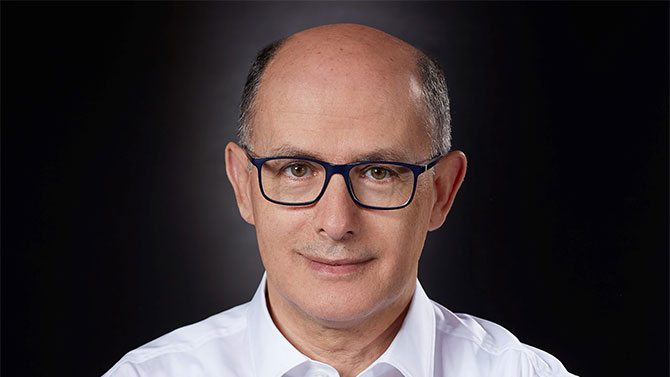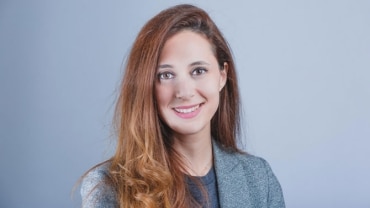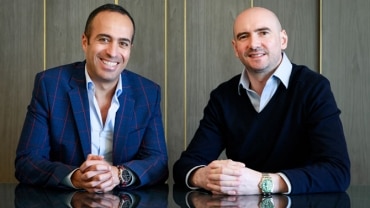
Rend Stephan

2020
Cofounder and CEO, endCX
Former Industry/Office: Abu Dhabi
Alumnus since: 2008
Let’s start with why you focus so intently on complexity and leadership.
It’s far from new. I have spent 20 years in consulting, working primarily with senior executives and decision makers around the world, where I’ve witnessed first-hand how complexity has overwhelmed everything, from strategy, to organization, to execution. I’ve seen complexity spread far and deep, eating away many leaders’ potential, denying them and their organizations the performance and success they deserve.
Indeed, I found that being able to eliminate complexity is the hallmark of true leadership. In my view, leaders can apply the best leadership principles, but these count for very little if they don’t fight and defeat complexity, holistically and relentlessly.
When they do, the payoff is huge, for them, for their organization, for society; in business, in government, and in life more generally. I see this as the most important battle of our times and I write about it in my upcoming book (Fall 2020). You can preview the book and download a summary on our websites (rendstephan.com and endcx.com).
Why are you launching your new firm, endCX, now?
I left full-time consulting in early 2019, although the seeds for what I would do next have been germinating for nearly five years. I am very attached to the idea of “focus” and it was important that endCX has a very clear and focused positioning — on complexity, performance, leadership — with an ambitious objective of becoming the global end-of-complexity firm.
How applicable and valuable are your consulting skills to these ventures?
Indispensable. Anything from rapid problem assessment, to decision making, to value proposition, to planning, to teaming, to execution oversight. Also, the credibility that a consulting career brings to the table in discussing partnerships has been very critical. That being said, I also had to overcome a perception — and maybe a tendency — that we (consultants) may be very good framework developers but not very execution-oriented. This can be true to some extent. In my case, I was an entrepreneur before earning my MBA, so I have practical experience too.
What are the most important lessons you learned at Strategy&?
I was with the firm for three years (2005–2008) in the Middle East. Beyond offering the typical consulting services, this was clearly a very entrepreneurial system, creating superb opportunities while continuously overcoming the odds, including in very tough geopolitical and security situations. There was a relentless “can do together” attitude. The quality of the consulting team was very high. The support staff were just phenomenal — without them we could not have done our job. I made many lifelong friendships. I owe a debt of gratitude to everyone I worked with.
What led you to consulting?
I am intellectually curious and love problem-solving by nature. But it was my MBA and my consulting internship that cemented this love for consulting, as it made it “real.” The biggest driver for me was having the privilege to work with, and learn from, so many bright people. Despite the intense working environment and the inevitable ups and downs, I think there are very few comparably rewarding experiences out there.
What do you consider to be your greatest accomplishments?
I hope they are still yet to come — let us take endCX to where it needs to go.
Why do you value the Strategy& alumni network?
For one, proactiveness and readiness to support, for example, in preparing this interview. I must confess I have not yet leveraged the power of the alumni network, although I have stayed in touch with many people. I am confident I will find a lot of support in the coming weeks and months from former colleagues with similar DNA. I am also keen to contribute and support wherever I can.
Final words?
No one should settle for managing complexity, you should end it instead.





